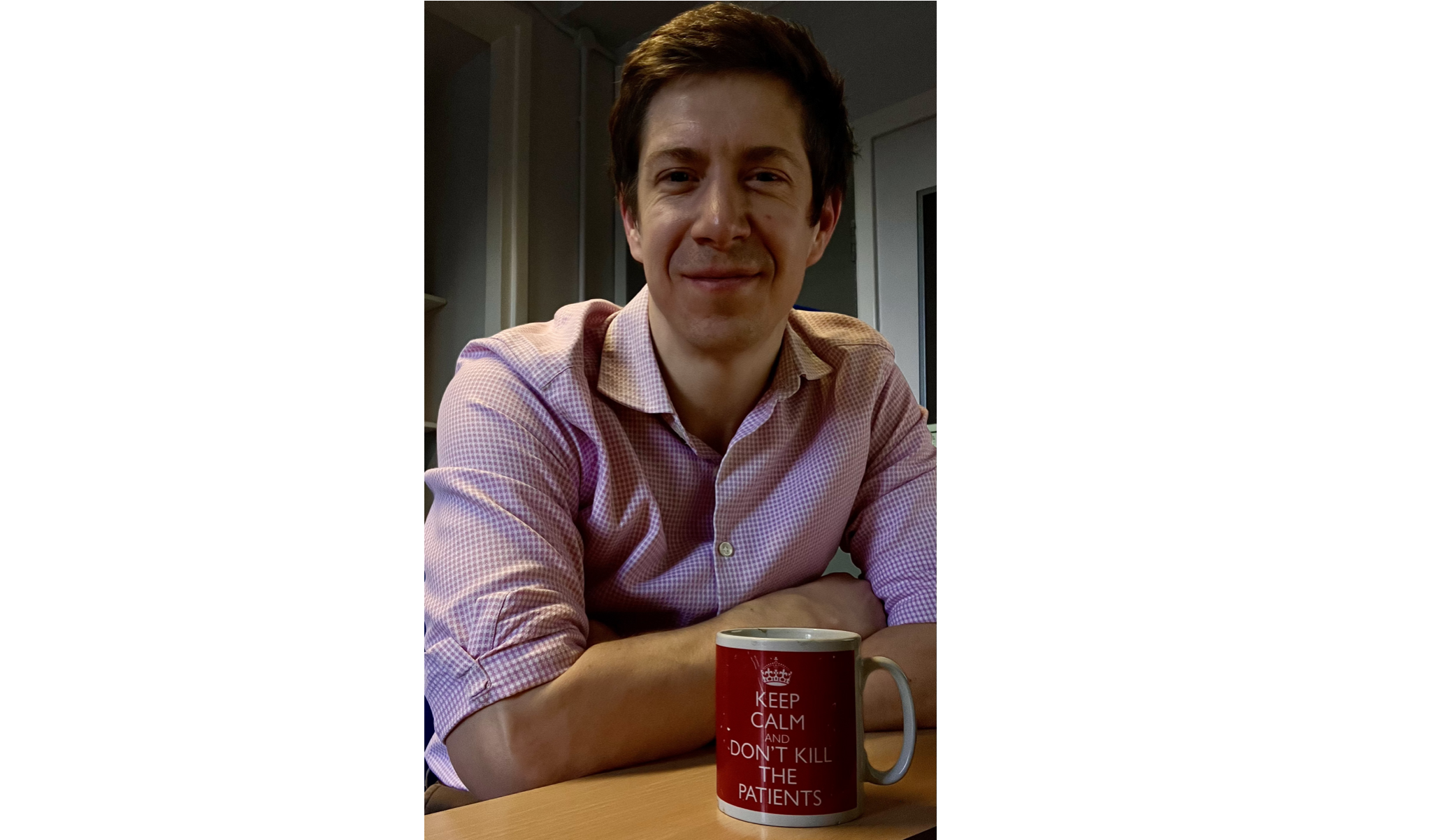Four questions to help decide what to work on
There are three key decisions in life: what you do, who you spend your time with, and where you live. All three are interrelated.
For a clinician-scientist, ‘what you do’ is ‘what research question do I want to answer?’ Arguably, this is the most important question to address. Here, I give some suggestions for how to approach this.
You may feel you are not yet at a stage to decide what research question you want to answer, depending on where you are in your clinical & research career. And that is, potentially, a valid point. You need to be at the very forefront of a field to truly know what is or is not a worthwhile question to address.
However, as I’ve written elsewhere, decisions are not made in isolation. Choices you make now will influence those later. For example: you choose to do project x now, this means that you will be more likely to do project y during your ACF, and therefore study z for your PhD. Your PhD is the fundamental grounding of your research skills and is likely to heavily influence your future direction. (Whether that be via topic or the techniques you leverage.)
‘What research question do I want to answer?’ is a dynamic question. Hopefully you’ll pick a question now, and in 10 years you’ll have addressed substantial aspects of it such that you can move onto the next question. So, really it should be ‘What research question do I want to start answering now?’
If you want to pick a topic/field a priori, then here are a few strategies I think are useful:
1. What is the expertise of where you are?
Aside from a few places in the UK, most cities have one or two institutions and/or research groups that are truly world leaders. This is a good place to go for inspiration. People on your doorstep who are publishing in journals with short names. For example, I am currently in Birmingham, which has a long history of producing exceptional immunology research (among others), hence I have opted to focus on fibroinflammation.
Related to this is, “where do I want to live?”. Clearly the two are interrelated. If the top decision point is based on geographical location then changing where you’re based is a strategy to alter your options.
This can be switched around so, based on the below questions, it may become “where do I need to move to in order to do x?”. This is not always an option but it can be a powerful method if possible.
2. What is the most pressing need in your clinical field?
It is difficult to predict the impact of any piece of research, but there are certain fields/domains that are more likely to have a substantial impact. Within any clinical discipline there are big clinical problems. There may already be lots of research in that area, but if it remains the largest problem then it is an important topic to address. For example, in paediatric hepatology, biliary atresia is the main indication for liver transplant and has no medical therapies, so, even though it is rare, I will be focusing on it. Also, immunology has high transferability to other potentially high-impact fields (e.g. vaccinology, antimicrobial therapy), so is a good general topic to work on.
3. What will give you a niche?
Being unique isn’t everything, but it does help stop you thinking about competition. This lets you focus on your work, rather than ruminating on what other people are doing. Your niche doesn’t have to be a straight jump into something obscure, it can be through acquisition of several complementary experiences. As Cal Newport suggests, pick up a series of unique skills and then integrate them into a niche.
There are comparatively few paediatricians in the UK doing wet lab science, so that alone puts me in a minority; combine that with paediatric hepatology and the immunology of biliary fibrosis, then there aren’t that many people doing it globally, let alone in the UK.
4. What do you think is exciting?
Perhaps surprisingly, this comes low down on the list, though clearly is an important consideration. You need to find the topic conceptually interesting, however the actual work you do might be quite far down the line from the disease. For example, I think that biliary atresia is fascinating but the majority of the work I do is actually studying a subset of immune cells. So, it is important that you are inspired and are also prepared to work down the line from that topic.
Sometimes ‘exciting’ or ‘passionate’ can feel like a high bar, which may prevent you from starting. In which case, ask “What are you curious about?”. Curiosity is the root of all science. If all you need is curiosity to start tackling a question then it may help you get going.
This is the general process I followed to decide to work on biliary inflammation in children. From there is takes a huge amount of reading and preliminary work to define a specific research question e.g. “What is the role of macrophage subset x (defined by genes a, b, c) in activation of other cell y in biliary atresia?”. At the time of writing, I am still trying to figure out this specific question.
Also see:
Clinical-academic careers: PhD decisions [Blog 011]
Why I am researching bile duct diseases
The ripple effect of early choices: Understanding the long-term impact on your career [Blog 012]




One thought on “How I picked my research field [Blog 016]”
Comments are closed.